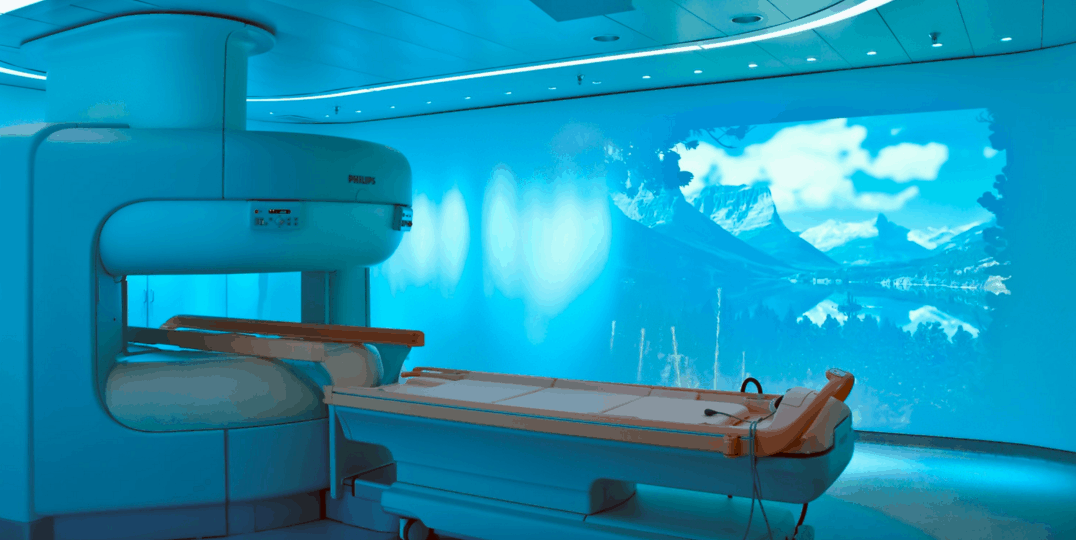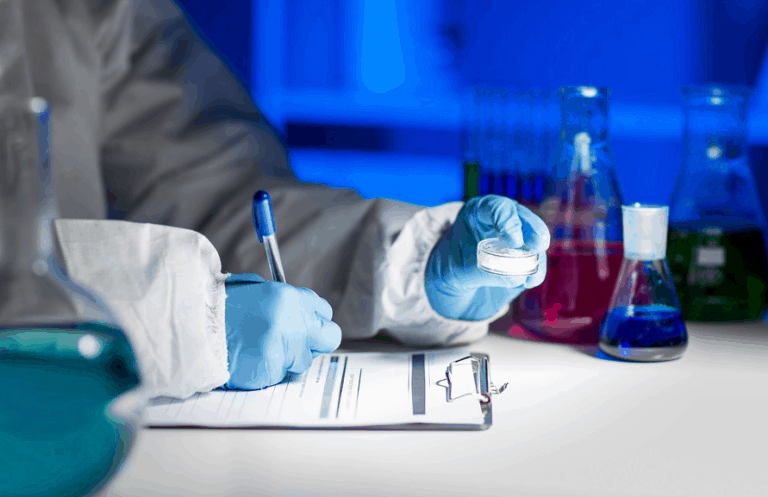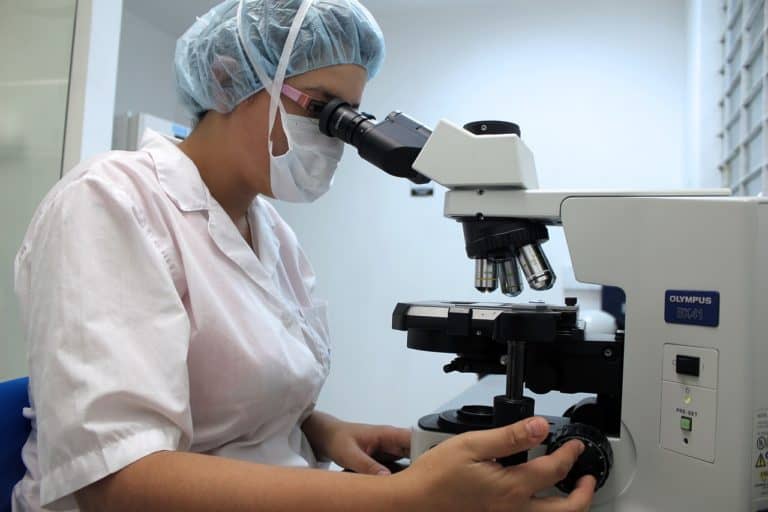All the test results are in and so is the diagnosis: prostate cancer. What should you do now? It is time to learn as much as you can about your treatment options and then, with the guidance of your physicians, make a decision that best suits your situation. If possible, it is best to consult more than one prostate cancer specialist–a medical oncologist, a radiation oncologist, and a urologist—to help you with the process.
There are a number of treatment options for prostate cancer. However, there is generally no right answer for the best prostate cancer treatment because there is a lack of good data from well-run trials to determine the best course of therapy. That’s one reason why it is so important to consult with several experts when making your decision.
A key factor you need to consider, and which many people neglect, is choosing your doctor. Generally, doctors who treat prostate cancer tend to recommend the procedures they are accustomed to performing. Therefore a surgeon will recommend surgery, a radiation oncologist will suggest radiation, and so on. Keep this in mind when you are considering your treatment options and make sure you explore all the options before making a decision. No matter what treatment option is chosen, you need to also consider lifestyle and other considerations as maintaining maximum immunity and health is fundamental to recovery and long-term wellness.
And finally, you need to determine what is important to you in terms of your post-treatment priorities, as now is also the time to start planning for recovery. Factors such as incontinence, erectile dysfunction and penile rehabilitation and other concerns should be discussed and planned based on your individual circumstances and priorities.
The following questions are offered to help you make your decision and to understand the possible and probable consequences of choosing Radiation Therapy.
Given my age, preferences, stage and grade of cancer, and overall health, is radiation the best treatment for me right now?
Given my age, preferences, stage and grade of cancer, and overall health, is external radiation or brachytherapy the best treatment for me right now?
What is the difference between regular external radiation and 3-D conformal external radiation therapy?
How successful is radiation in treating prostate cancer?[1]
What are my options if my PSA rises after radiation treatment?
What is the incidence of erectile dysfunction after external radiation? [2]
What is the incidence of erectile dysfunction after brachytherapy? [3]
What is the incidence of urinary incontinence after external radiation?
What is the incidence of urinary incontinence after brachytherapy? [4]
Why is it necessary to have both brachytherapy and external radiation in some cases?
Will I need to have another type of therapy, such as hormone therapy or chemotherapy, while I receive radiation? [5]
What dietary changes can I make after brachytherapy to minimize urinary side effects? [6]
How much radiation will I receive per session if I choose external radiation therapy?
How can I be sure I receive the right amount of radiation each time? How are my radiation treatments monitored?
How much radiation will I receive if I choose brachytherapy?
What is the difference between the various types of radioactive seeds used in brachytherapy?
What impact will radiation therapy have on my ability to work and exercise?
Is there a clinical trial I can participate in?
Is there a special diet I should follow before, during, and after radiation therapy?
Can I take nutritional and/or herbal supplements during and after radiation therapy?
What are the chances I will have the following side effects associated with radiation?
- Bowel symptoms, such as diarrhea, bowel urgency, hemorrhoid flare-up [8]
- Fatigue
- Infertility [9]
- Penis shrinkage (atrophy)
- Seed migration (brachytherapy) [7]
- Skin reactions (external radiation)
[1] Long-term success rates are highly individual and depend on the patient’s age, stage and grade of cancer, overall health, and other factors. For example, long-term results are available for up to 10 to 15 years for permanent seed brachytherapy, and they show that in experienced centers, seed implanted under the guidance of ultrasound are highly effective in controlling prostate cancer, and that the results are comparable to those seen in patients who underwent surgery or external beam radiation. Source: Radiologyinfo.org
[2] Erectile dysfunction typically does not occur until about one year after external radiation, with an incidence of 15% to 31% in the first year and 40% to 62% at five years after treatment. Source: 100 Q&A about Prostate Cancer
[3] With or without the addition of external radiation, the incidence of erectile dysfunction after brachytherapy ranges from 6% to 50%. Source: 100 Q&A about Prostate Cancer
[4] Virtually all men experience at least some urinary side effects after brachytherapy, but they are temporary and usually resolve within a few months of implantation. Source: Prostate Cancer Treatment Guide
[5] Results from an international phase III trial showed that radiation therapy plus hormone therapy reduced the risk of death from prostate cancer by 43 percent in men who had locally advanced disease. Source: Data presented on June 6, 2010, at the ASCO annual meeting in Chicago.
[6] Implantation of radioactive seeds is associated with urinary tract irritation, so avoiding certain foods (spicy foods, coffee, certain fruits and vegetables) that tend to irritate the bladder can help relieve symptoms. Source: Prostate Cancer Treatment Guide
[7] Radioactive seeds are known to migrate to other parts of the body, including the lungs. One study reports that the seeds migrate from the prostate to the lungs in 17% of patients. Source: Brachytherapy seeds migrate from prostate to lungs in 17% of patients:
[8] Most bowel symptoms are temporary, but up to 20% of men have long-term, significant change in bowel habits. Source: Seattle Cancer Care Alliance
[9] Infertility associated with chemotherapy can be temporary or permanent and depends on which drugs are taken, the dose administered, whether a man receives a combination of drugs, age, and overall health. A man’s chances of becoming infertile increase with being older, using a combination of drugs, higher doses of drugs, and being in poor health.







